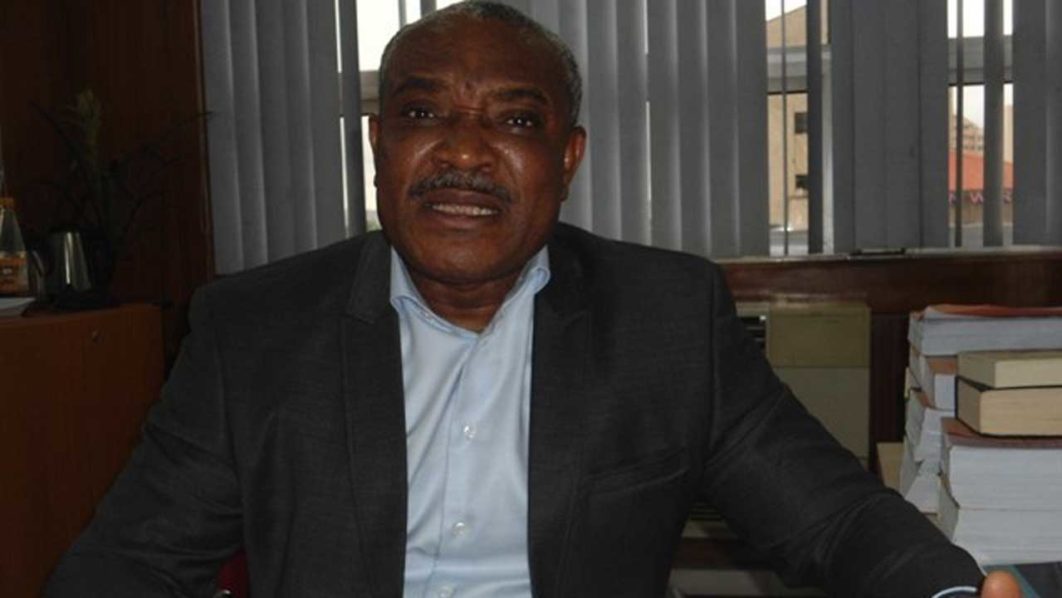
A former senior adviser to former President Muhammadu Buhari on Prosecutions, Obono Obla, has advocated death penalty for corruption in Nigeria.
Obla who also served as Chairman of the Special Presidential Investigation Panel for Recovery of Public Property (SPIP) made the advocacy in Calabar during his keynote address at the 16th Ralph Opara Memorial Lecture organized by the National Association of Seadogs (NAS).
The lecture had the theme: “Sink or swim? Nigeria’s future and the impact of corruption on the socio-political economy of Nigeria.”
According to Obla, “One potential strategy to consider is the introduction of the death penalty for specific categories of corruption and financial crimes.
“This severe measure could serve as a deterrent to those who engage in corrupt practices, thereby helping to mitigate the pervasive impact of corruption on society.”
He decried the paradox of Nigeria where some individuals are dedicated to protecting the country’s interests while others engage in corrupt practices.
He emphasized that Nigeria must enhance its institutions, foster transparency and accountability, and ensure that individuals involved in corruption face consequences for their actions.
In addition, he said a comprehensive overhaul of our cultural and attitudinal values was necessary to address the root causes of corruption.
He stressed that NGOs, civil society groups, and the government must collaborate to create a society that values transparency, accountability, and integrity.
Earlier in his opening remarks, Dr. Joseph Oteri, the NAS head, said the lecture series was to immortalize Ralph Opara, one of Nigeria’s most outstanding and endearing broadcasting icons and one of the original founders of NAS at the University of Ibadan in the 1952/53 Academic session.
He said they hope to keep his faith alive by providing a medium to give vent to the views for which he stood steadfastly throughout his life.
He also said they hope that through the lecture, Nigeria will find answers to topical issues that can potentially shape Nigeria’s future and development strides.






